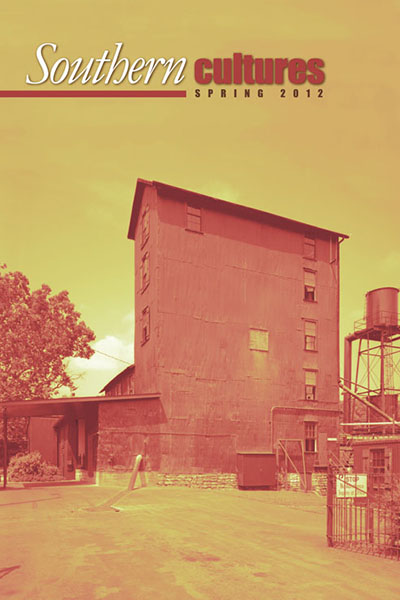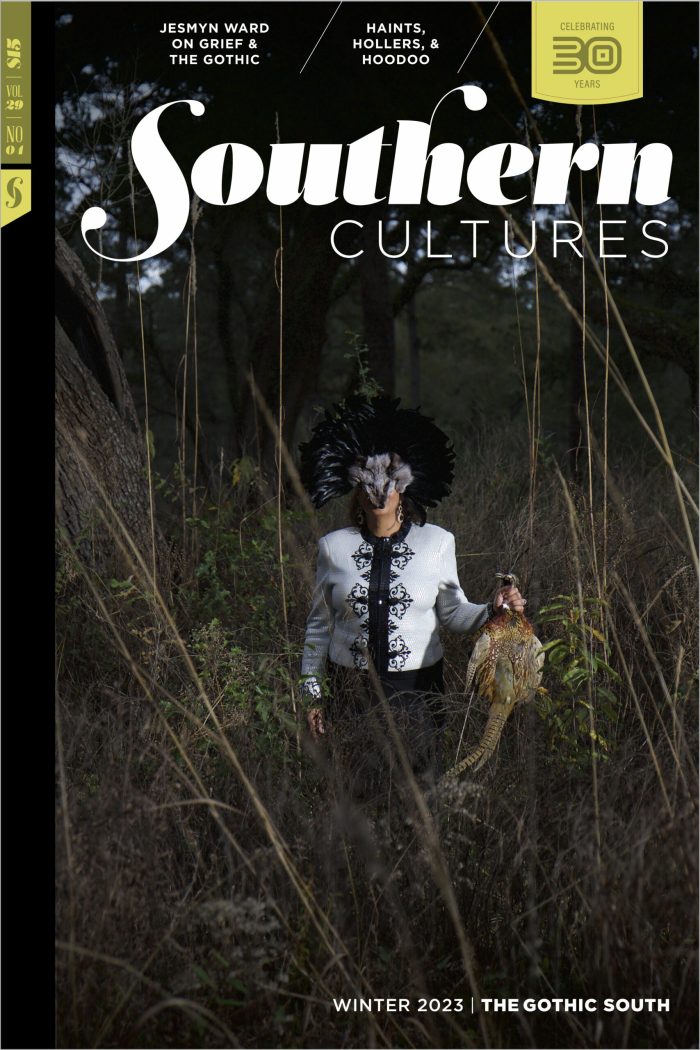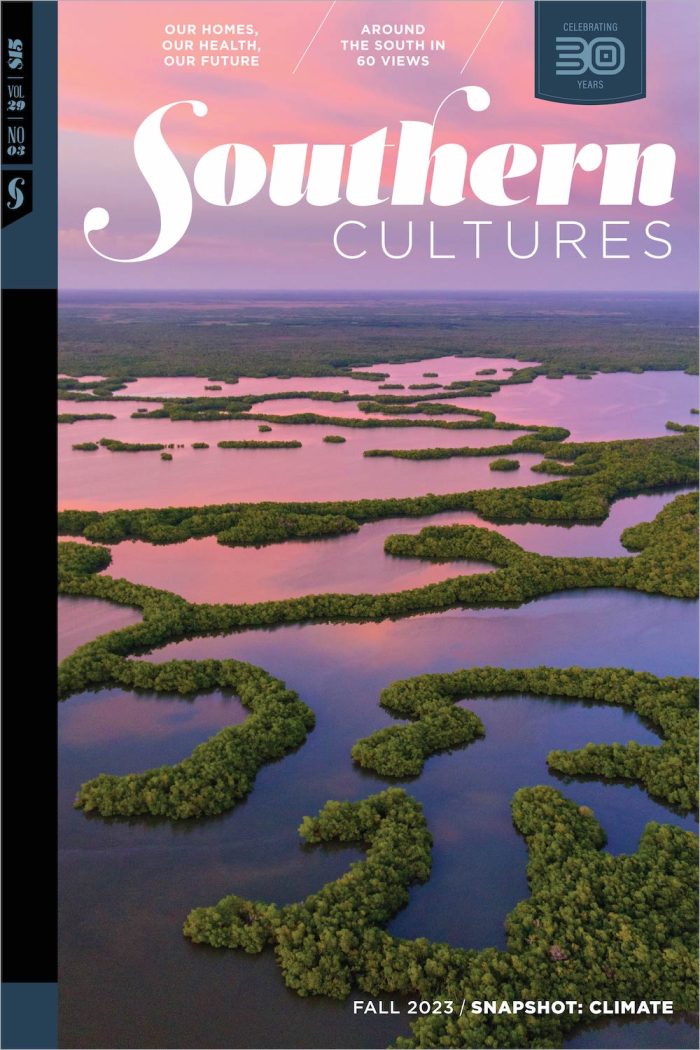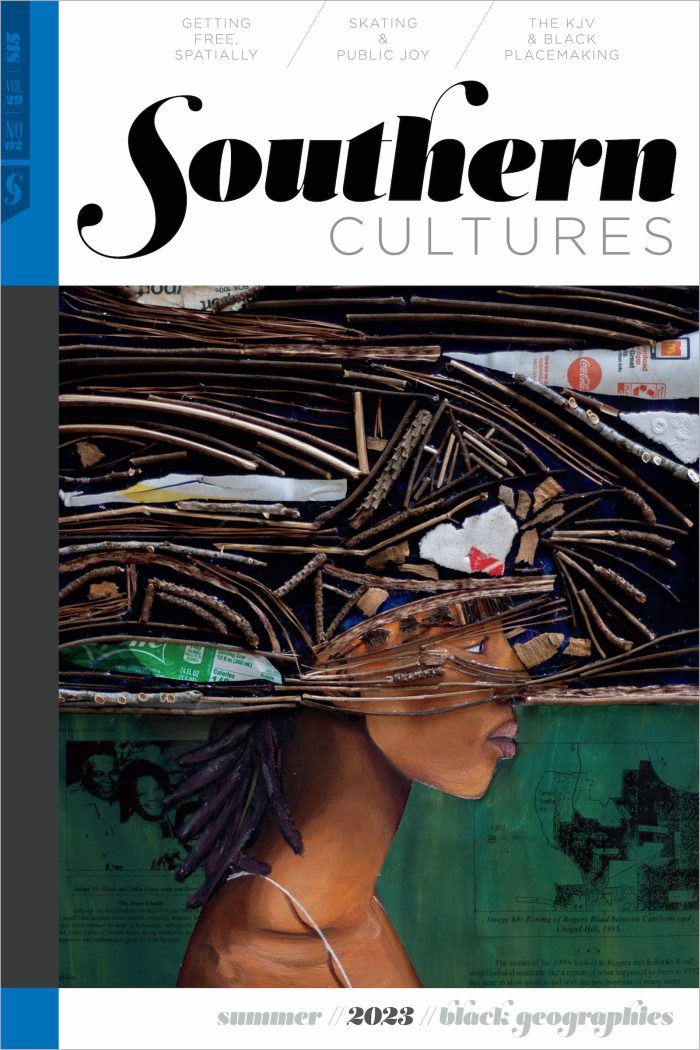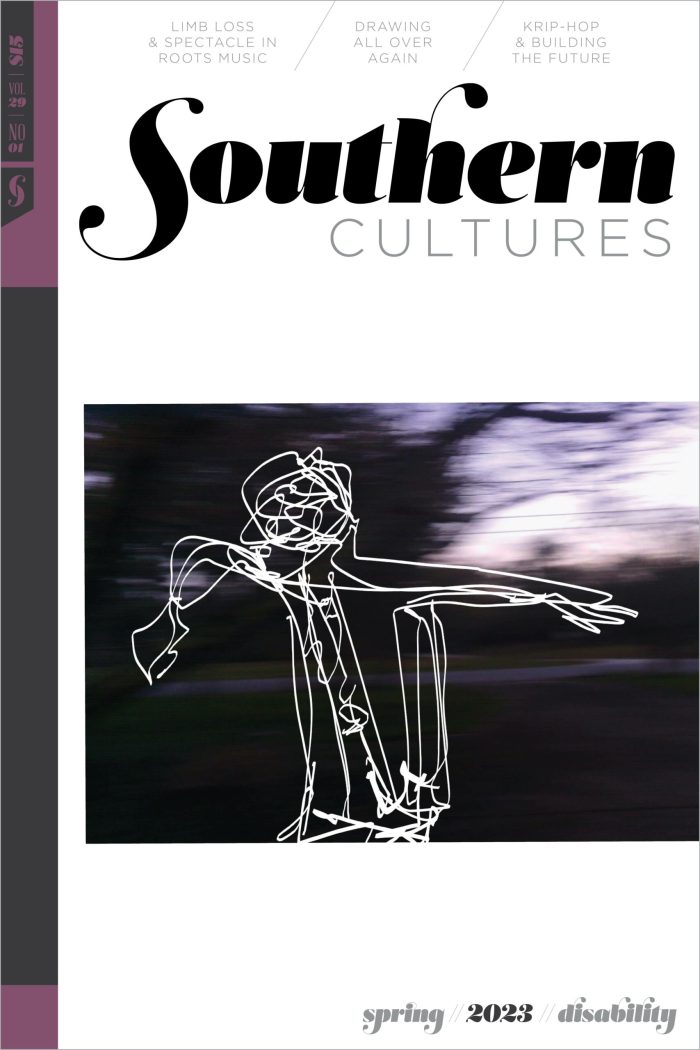BUY ACCESS
by Harry L. Watson
“What happens to frontier manhood when blacks, women, and gays drink bourbon too—and white fraternity boys get stuck with Smirnoff Ice from time to time?” The famed southern observer W. J. Cash began The Mind of the South, his classic commentary on southern white uniformity, by admitting that there are also “many Souths.” I began »
Bourbon in the White Masculine South
by Seán S. McKeithan
“It is about the aesthetic of Bourbon drinking in general and in particular of knocking it back neat . . . The joy of Bourbon drinking is not the pharmacological effect of C2H5OH on the cortex but rather the instant of the whiskey being knocked back and the little explosion of Kentucky U.S.A. sunshine in »
BUY ACCESS
by Rob McDonald
“If convention has it right, these are writers who bear something close to a genetic predisposition to produce a literature suffused with place.” For the past twenty years, I have made a career as a teacher of American literature. For the last twelve, I have worked also, with equal seriousness and passion, as a photographer. »
BUY ACCESS
by Bryan Giemza
“As a place where Black and Green were in perpetual contact, the Atlantic South furnishes an ideal case study in how these peoples moved with, against, and around one another.” Noel Ignatiev’s How the Irish Became White, a book graced by a pithy name that summarizes its provocative thesis, has generated volumes of response. But »
"Quiet Jewishness" at Camp Wah-Kon-Dah
by Marcie Cohen Ferris
“This was an anxious time for American Jews, stung by the anti-Semitic quotas and discrimination of the interwar years and the growing horror regarding the fate of European Jewry as the Holocaust came to light in the 1940s.” My first experience at a southern Jewish summer camp was not easy. I felt out of place. »
BUY ACCESS
by Clifford M. Kuhn
“He was such an eye-opener to me . . . such a reversal of the whole way you think about life and society.” Born in 1917, Winifred H. “Winnie” Kellersberger was raised in the Belgian Congo, where her parents were prominent medical missionaries. Following in the path of her stepmother, in 1934 she matriculated at »
BUY ACCESS
by Tom Maxwell
“Showers of blood, however dreadful, were not news. Pliny, Cicero, Livy, and Plutarch mentioned rains of blood and flesh. Zeus makes it rain blood, ‘as a portent of slaughter,’ in Homer’s Iliad.” For millennia, showers of blood, known variously as blood falls, rains of blood, and blood rain, have been reported in sources both historical »
BUY ACCESS
by R.T. Smith
“. . . Earl was a steady liar who never in his life solved a single crime, to hear my father tell it, an improvident soul prone to nocturnal misdemeanors himself . . .” My father was hooked on one brand, Ancient Age,always in pints perhaps to stow snug in the glove boxwith the pearl-handled »
BUY ACCESS
by Michael K. Honey
University of North Carolina Press, 2010 With poverty and unemployment at levels unprecedented since the Great Depression, as wages of those with jobs stagnate, as the federal government spends trillions for war and gives tax and bailout subsidies to the ultra-rich, we should be asking ourselves how it got to be this way and what »
BUY ACCESS
by Nancy Hatch Woodward
“There’s a silence in snowy dawn that forces you to look anew at what has been transformed from the customary landscape of your day-to-day life. Dogwoods glisten in their silver finery; bowing fir limbs form a secret cathedral.” My daughters were born in Tampa, Florida, which meant they had never seen snow. This deprivation changed »
